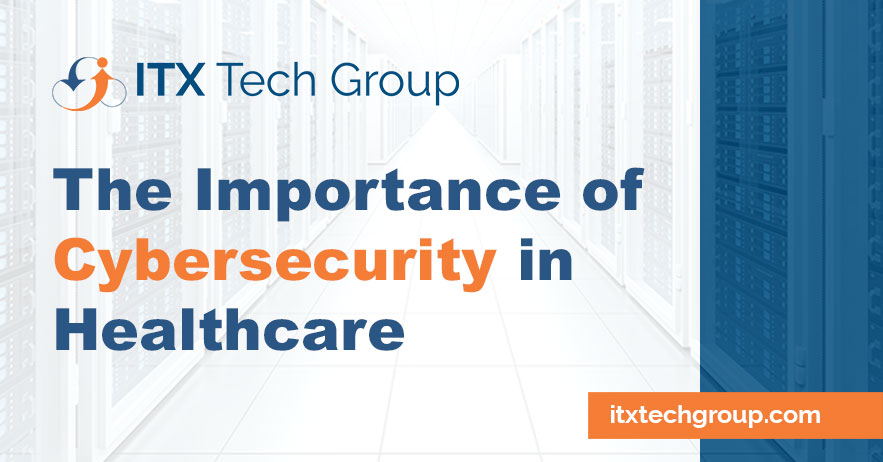The healthcare industry plays a critical role in saving lives and promoting well-being. With advancements in technology, medical facilities have embraced digitalization to enhance patient care and operational efficiency.
However, the growing reliance on technology also makes the industry vulnerable to cyber threats. Cybersecurity is of paramount importance in healthcare, as protecting sensitive patient information and maintaining the integrity of healthcare systems directly impact patient safety and trust.
In this article, we will delve into the key reasons why cybersecurity is vital in the healthcare industry.
Protection of Patient Data
Healthcare organizations store vast amounts of sensitive patient data, including medical histories, diagnoses, and billing information.
Cyberattacks that compromise patient data can lead to identity theft, insurance fraud, and compromised medical care.
Robust cybersecurity measures are essential to safeguard patient confidentiality, trust, and compliance with data protection laws, such as the Health Insurance Portability and Accountability Act (HIPAA).
Prevention of Ransomware Attacks
Ransomware attacks have become a significant threat to the healthcare industry. These malicious attacks encrypt healthcare data and demand a ransom for its release, effectively disrupting healthcare operations and patient care.
Investing in strong cybersecurity defenses, regular data backups, and incident response plans can help mitigate the risk and consequences of such attacks.
Ensuring Continuity of Care
Healthcare facilities rely on interconnected systems to provide seamless and efficient care to patients.
Cybersecurity breaches can disrupt critical medical services, leading to delayed treatments, rescheduled surgeries, and potential health risks to patients.
By prioritizing cybersecurity, healthcare providers can ensure the continuity of care and maintain patient safety.
Protecting Medical Devices
Internet of Things (IoT) devices and medical equipment play a pivotal role in modern healthcare. From smart infusion pumps to wearable health monitors, these devices are susceptible to cyber threats if not properly secured.
Cybersecurity measures are essential to protect these medical devices from unauthorized access and potential manipulation, which could endanger patient health.
Mitigating Financial Losses
Cyberattacks on healthcare organizations can lead to significant financial losses, including recovery costs, legal fees, and regulatory fines.
A cyber incident can also damage a healthcare facility’s reputation, leading to patient loss and a decline in revenue.
Investing in cybersecurity helps prevent financial losses and reinforces the trust and confidence of patients, partners, and stakeholders.
Compliance with Regulatory Standards
The healthcare industry is subject to strict regulatory standards concerning patient data protection and privacy. Failure to comply with these standards can result in severe penalties and legal consequences.
Maintaining robust cybersecurity practices ensures that healthcare providers remain compliant with applicable regulations, reinforcing the integrity of their operations.
Protecting Intellectual Property
In addition to patient data, healthcare organizations often possess valuable intellectual property, such as medical research, pharmaceutical developments, and proprietary technology.
Cybersecurity safeguards this critical information from theft, espionage, or unauthorized access, preserving innovation and research advancements.
Conclusion
Cybersecurity is not a luxury but a necessity in the healthcare industry. Protecting patient data, ensuring continuity of care, preventing ransomware attacks, and complying with regulatory standards are just a few reasons why robust cybersecurity measures are vital.
Healthcare organizations must prioritize cybersecurity investments, implement best practices, and foster a culture of security awareness to protect patients, maintain trust, and uphold the highest standards of care.
By safeguarding health information and critical medical systems, the healthcare industry can continue to fulfill its noble mission of saving lives and promoting well-being in an ever-evolving digital world.
Connect with us for a free consultation to discuss your business technology needs. We’ve been serving small, medium, and large businesses with their IT support needs all over the United States since 2011, so we’re confident we can provide you with affordable, professional IT solutions for years to come!

